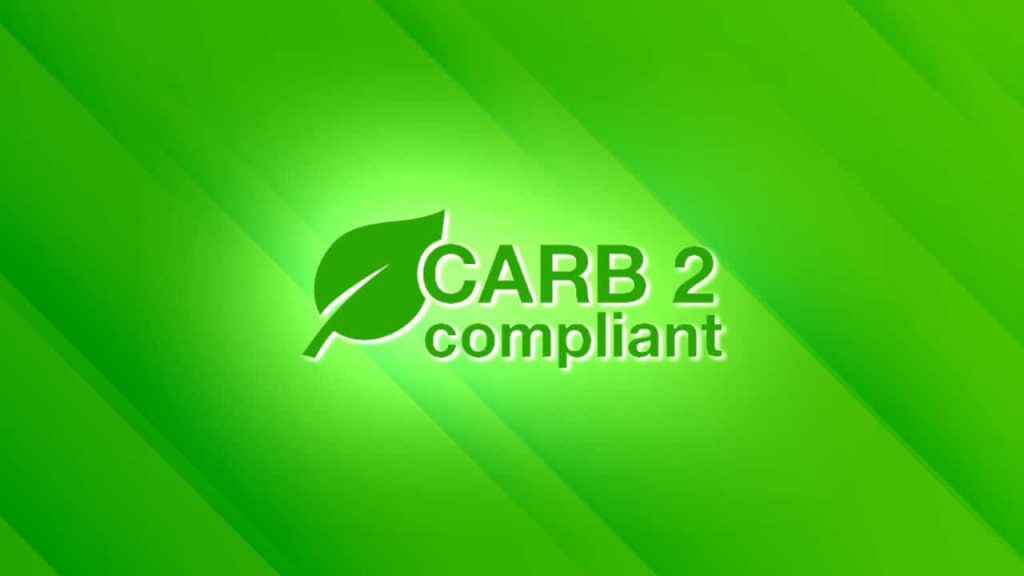As CARB compliance becomes stricter for diesel trucks and buses, the Department of Motor Vehicles (DMV), in collaboration with CARB, has begun verifying that these vehicles are up-to-date with current standards. CARB-compliant vehicles must replace their 2010 or older trucks or buses or use an acceptable alternative while reporting as part of TRUCKS.

A CARB-compliant vehicle does not exceed the emission standard set by CARB. It means it meets all PDF requirements, has a California DMV-issued certificate of compliance, and complies with regulations of federal air pollution control systems.
What Does CARB Compliant Mean
CARB Compliant means that a vehicle is meeting California’s emissions standards.
Department of Motor Vehicle’s cooperation with CARB in 2020 began verifying compliance with certain vehicles to meet specific standards related to Truck and Bus Regulations to get emissions up-to-date with current standards.
What Is Carb Compliant for California
CARB compliance means that a vehicle is meeting California’s emissions standards. In 2020, the Department of Motor Vehicles (DMV) began verifying compliance with certain cars to meet specific criteria. They are related explicitly to Truck and Bus Regulations to get emissions up-to-date with current standards. CARB-compliant vehicles must replace their 2010 or older trucks or buses or use an acceptable alternative.
What States are Carb Compliant?
CARB-compliant states are:
- Colorado
- Connecticut
- Delaware
- Maine
- Maryland
- Massachusetts
- New Jersey
- New York
- Oregon
- Pennsylvania
- Rhode Island
- Vermont
- Virginia
- Washington
- Washington D.C.
CARB compliance occurs at the state level, so other states may have different regulations to comply with CARB standards.
The United States has also reduced emissions from diesel trucks by limiting sulfur in fuel production, reducing particulate matter in the air. CARB compliance is just one way California has helped further reduce emissions across the country.
What You Need to Know about CARB Compliance for Cars
CARB compliance is now (after 2020y) required for states including Arizona, California, Florida, Maine, Maryland, and others. CARB-compliant vehicles meet all DDF requirements and must have a Certificate of Compliance from the DMV to comply with federal air pollution control regulations.
What Is the Difference Between Carb Compliant and Non-carb Compliant
CARB-compliant vehicles meet all DPF requirements and must have a Certificate of Compliance from the DMV to comply with federal air pollution control regulations. CARB-compliant vehicles do not exceed CARB emissions standards. Carb Compliant CARB-compliant vehicle is a CARB standard that meets CARB emissions standards. The CARB Compliant acronym for CARbon monOxide Emissions Regulations applies to diesel trucks and buses, not necessarily the everyday passenger car that would be considered Non-carb compliant.
What Does Carb Compliant Mean on a Generator
CARB-compliant generators are generator that meets CARB’s emissCARB’standards. CARB-compliant generators must replace their 2010 or older generators or use an acceptable alternative while reporting as part of the Generator Regulation Upload, Compliance, and Reporting System (GENERACRS).
CARB-compliant generators do not exceed CARB emissions standards. CARB compliance occurs at the state level, so other states may have different regulations to comply with CARB standards. The United States has also reduced emissions from diesel generators by limiting sulfur in fuel production, reducing particulate matter in the air. CARB compliance is just one way California has helped further reduce emissions across the country.
